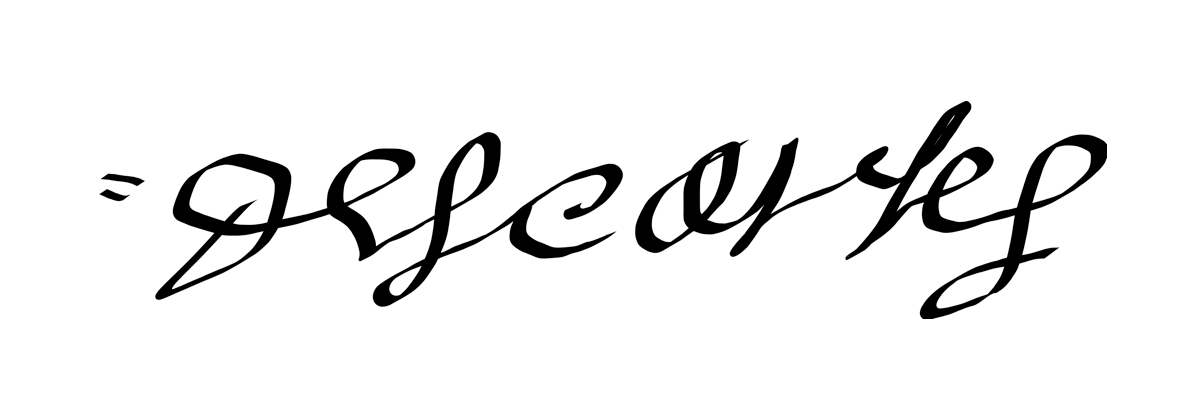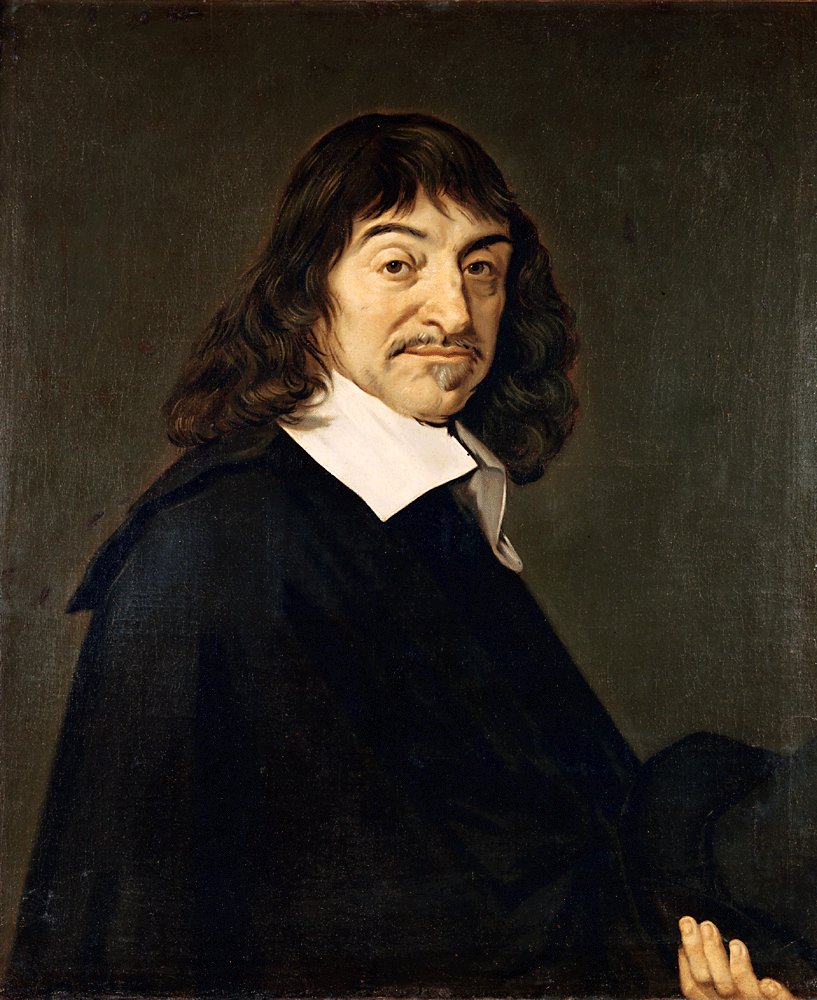Cogito, ergo sum. (“I think, therefore I am.) René Descartes. Discourse on Method (1637)
Cogito, ergo sum, (Latin: “I think, therefore I am) dictum coined by the French mathematician and philosopher René Descartes in his Discourse on Method (1637) as a first step in demonstrating the attainability of certain knowledge. It is the only statement to survive the test of his methodic doubt. Britannica
As I then desired to give my attention solely to the search after truth, I thought … I ought to reject as absolutely false all opinions in regard to which I could suppose the least ground for doubt, in order to ascertain whether after that there remained [anything at all] in my belief that was wholly indubitable. Accordingly, seeing that our senses sometimes deceive us, I was willing to suppose that there existed nothing really such as they presented to us … [T]he very same thoughts (presentations) which we experience when awake may also be experienced when we are asleep, while there is at that time not one of them true, I supposed that all the objects (presentations) that had ever entered into my mind when awake, had in them no more truth than the illusions of my dreams. But immediately upon this I observed that, whilst I thus wished to think that all was false, it was absolutely necessary that I, who thus thought, should be somewhat; and as I observed that this truth, I think, therefore I am (cogito ergo sum), was so certain and of such evidence that no ground of doubt, however extravagant, could be alleged by the sceptics capable of shaking it, I concluded that I might, without scruple, accept it as the first principle of the philosophy of which I was in search … I thence concluded that I was a substance whose whole essence or nature consists only in thinking, and which, that it may exist, has need of no place, nor is dependent on any material thing; so that ‘I’, that is to say, the mind by which I am what I am, is wholly distinct from the body, and is even more easily known than the latter … I considered myself as having a face, hands, arms, and all that system of members composed on bones and flesh as seen in a corpse which I designated by the name of body … By the body I understand all that which can be defined by a certain figure: something which can be confined in a certain place, and which can fill a given space in such a way that every other body will be excluded from it; which can be perceived either by touch, or by sight, or by hearing, or by taste, or by smell … [However,] I have thought I perceived many things during sleep that I recognised in my waking moments as not having been experienced at all. What of thinking? I find here that thought is an attribute that belongs to me; it alone cannot be separated from me. I am, I exist, that is certain … I know that I exist, and I inquire what I am, I whom I know to exist … [W]hat then am I? A thing which thinks. What is a thing which thinks? It is a thing which doubts, understands, conceives, affirms, denies, wills, refuses, which also imagines and feels … For it is so evident of itself that it is I who doubts, who understands, and who desires, that there is no reason here to add anything to explain it. And I have certainly the power of imagining likewise; for although it may happen (as I formerly supposed) that none of the things which I imagine are true, nevertheless this power of imagining does not cease to be really in use, and it forms part of my thought. Finally, I am the same who feels, that is to say, who perceives certain things, as by the organs of sense, since in truth I see light, I hear noise, I feel heat. But [sometimes it might be claimed or I might realise] that these phenomena are false and that I am dreaming. Let it be so; still it is at least quite certain that it seems to me that I see light, that I hear noise and that I feel heat. That cannot be false; properly speaking it is what is in me called feeling; and used in this precise sense that is no other thing than thinking … [P]erception is neither an act of vision, nor of touch, nor of imagination … but only an intuition of the mind, which may be imperfect and confused … or clear and distinct … according as my attention is more or less directed to the elements which are found in it, and of which it is composed…
Learn more:




